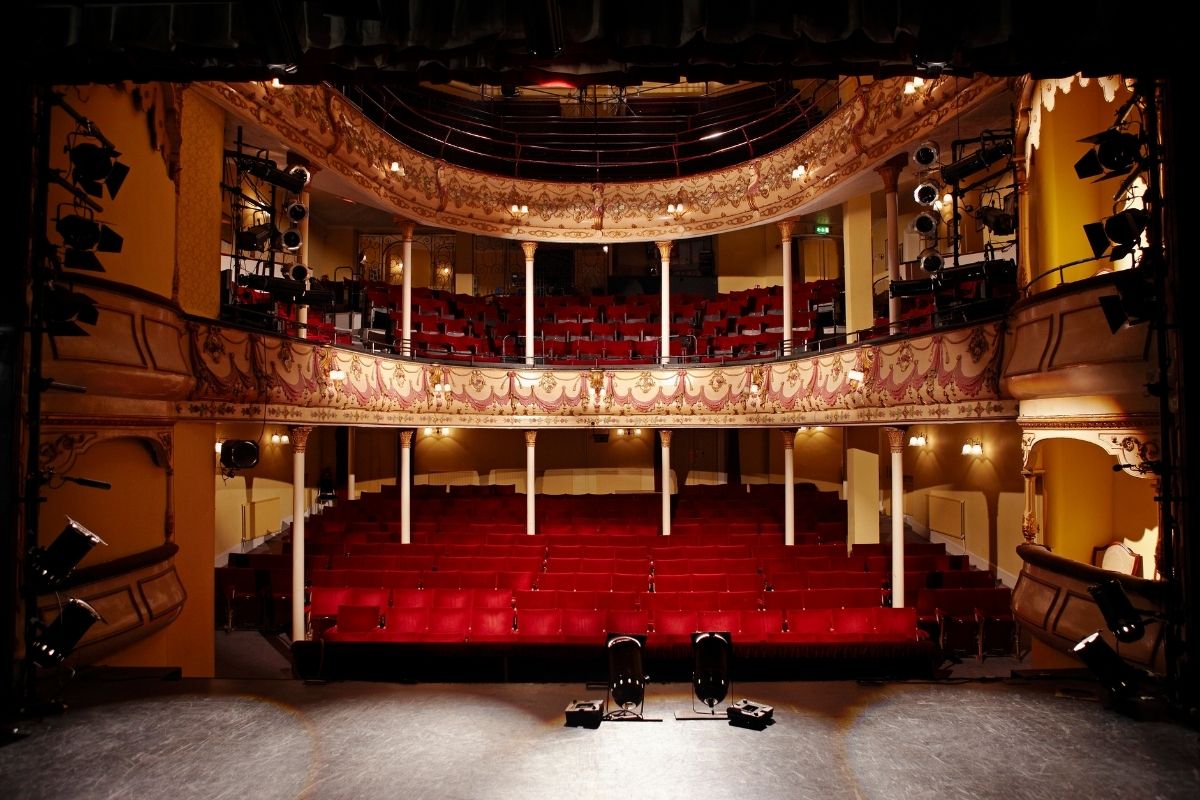Online Performing Arts Education: Stage Managers

“Among the careers in performing arts management, of course, the closest to the building of the actual production would be the stage manager and the assistant stage manager because they will be with the director, the creative team, and the actors all the way from the first rehearsal to the dress rehearsal, the first preview and the closing night,” Elizabeth Bradley says. “They are, truly, in a sense, the hub of the wheel and the steward of the quality of that creativity once the show runs.”
“A stage manager is not only in the rehearsal process,” Mary Ann Kellogg adds. “They are responsible for scheduling the day, making sure everything runs smoothly, the director getting what they need, the actors getting what they require to do the job, and the dancers being warmed up. And all that has to be scheduled so that the stage manager goes from the very beginning to the end of the process with the director.”
The director and stage manager work together as they hold auditions, come up with a cast, and begin to break down the script, which they call being on-book and being off-book, a situation where you’re working with actors who are doing scenes and speaking dialogue.
The stage manager has to organize all those departments. So, if you have a singing lesson, if you have a costume fitting, or if you have a private coach, that needs to be scheduled. And the rehearsal day needs to be scheduled for which scenes and who’s in those scenes. Everyone needs to be told and scheduled before the day begins. Take this into account as you continue your performing arts education.


